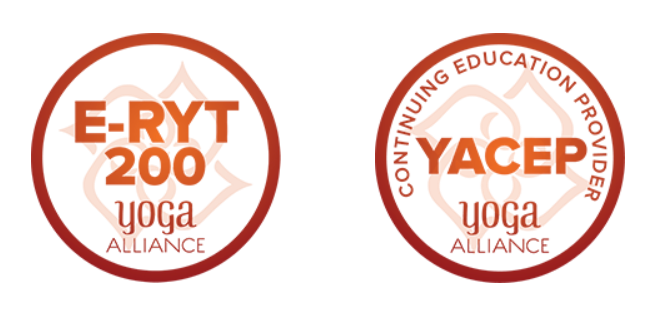
Course Description
This online course explores the history of encounters of Muslims with the teachings of yoga over more than a thousand years. Contrary to common expectations, Muslims have engaged with yoga both intellectually and in terms of practice, often expressed in the language of Sufism, the tradition of ethics and spirituality associated with Islam.
These lectures will present an account of how Muslims conceptualized the religions of India, and how they appreciated the powers claimed by ascetics such as the Nāth Jogis. A special focus will be given to several key texts in Arabic and Persian that circulated widely among Muslims—including the illustrated, "Ocean of Life" (Baḥr al-ḥayāt), compiled by Muḥammad Ghawth in 1550 (pictured on the right).
Consideration will also be given to modern developments, including the questionable theories of European Orientalist scholarship about this topic, and current attitudes towards yoga in Muslim majority countries. The overall perspective emphasizes the importance of historical change in religious traditions, avoiding the essentialist tendency to treat religious categories as defined by unchanging boundaries.
All readings are publications of the instructor, and except as otherwise noted, are found in Carl W. Ernst, Refractions of Islam in India: Situating Sufism and Yoga (2016).

Course Modules
Module 1 — Islamicate Imaginings of India
Module 2 — The Magician and the Philosopher
Module 3 — The Master of Incantations
Module 4 — Later Trajectories
Students Will Receive:
- 4 Pre-recorded Video + Audio lectures (90 min)
- 4 Pre-recorded Q&A sessions (90 min)
- 4 YS Credits
- 12 Hours of CE credit with YA
- Course Syllabus (PDF)
- Weekly Readings (PDF)
- 4 Multiple Choice Quizzes
- Yogic Studies Certificate (PDF)
- Access to the private Community Forum
Dr. Carl Ernst
William R. Kenan, Jr., Distinguished Professor of Religious Studies Emeritus, University of North Carolina at Chapel Hill
Carl W. Ernst is an academic specialist in Islamic studies, with a focus on West and South Asia. He has received research fellowships from the Fulbright program, the National Endowment for the Humanities, and the John Simon Guggenheim Foundation, and he has been elected a Fellow of the American Academy of Arts and Sciences. His research, based on the study of Arabic, Persian, and Urdu, has been mainly devoted to the study of three areas: general and critical issues of Islamic studies, premodern and contemporary Sufism, and Indo-Muslim culture.
He studied comparative religion at Stanford University (A.B. 1973) and Harvard University (Ph.D. 1981). He has done extended research tours in India (1978-79, 1981), Pakistan (1986, 2000, 2005), and Turkey (1991), and has been a regular visitor to the Gulf, Turkey, Iran, and Southeast Asia for lectures and conferences. His next publications, coming out in August 2023, are I Cannot Write My Life: Islam, Arabic, and Slavery in Omar ibn Said’s America, co-authored with Mbaye Lo (UNC Press, 2023), and Breathtaking Revelations: The Science of Breath, from the Fifty Kamarupa Verses to Hazrat Inayat Khan, co-authored with Patrick d’Silva (Suluk Press, 2023).
This course is eligible for 12 hours of Continued Education (CE) credits with Yoga Alliance

Stay Informed
Sign up for the Yogic Studies mailing list to find out first about upcoming courses, podcast episodes, promotions, events, and the latest research delivered straight to your inbox.

